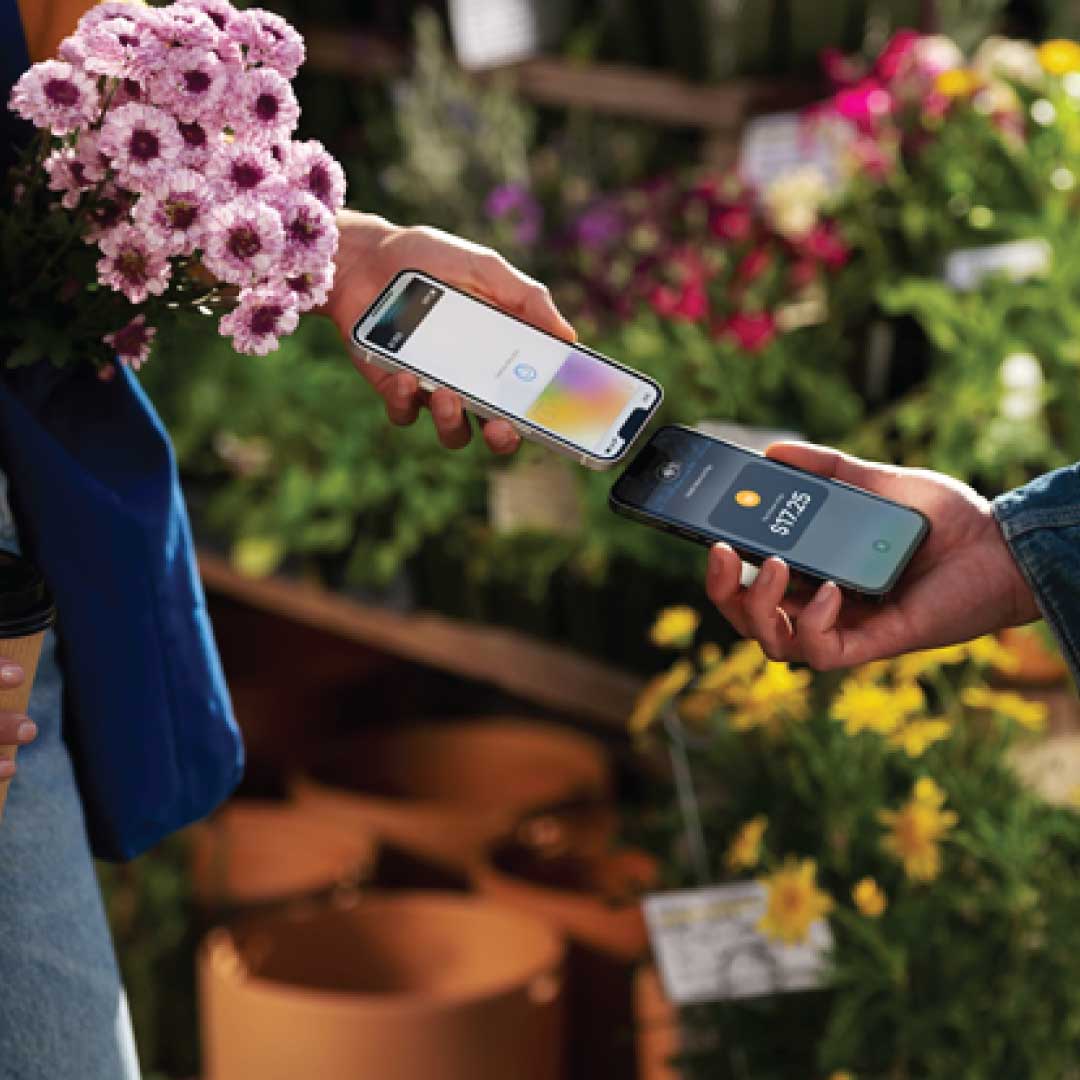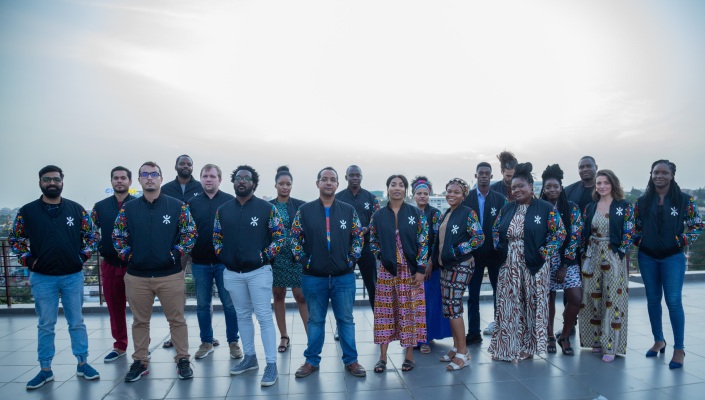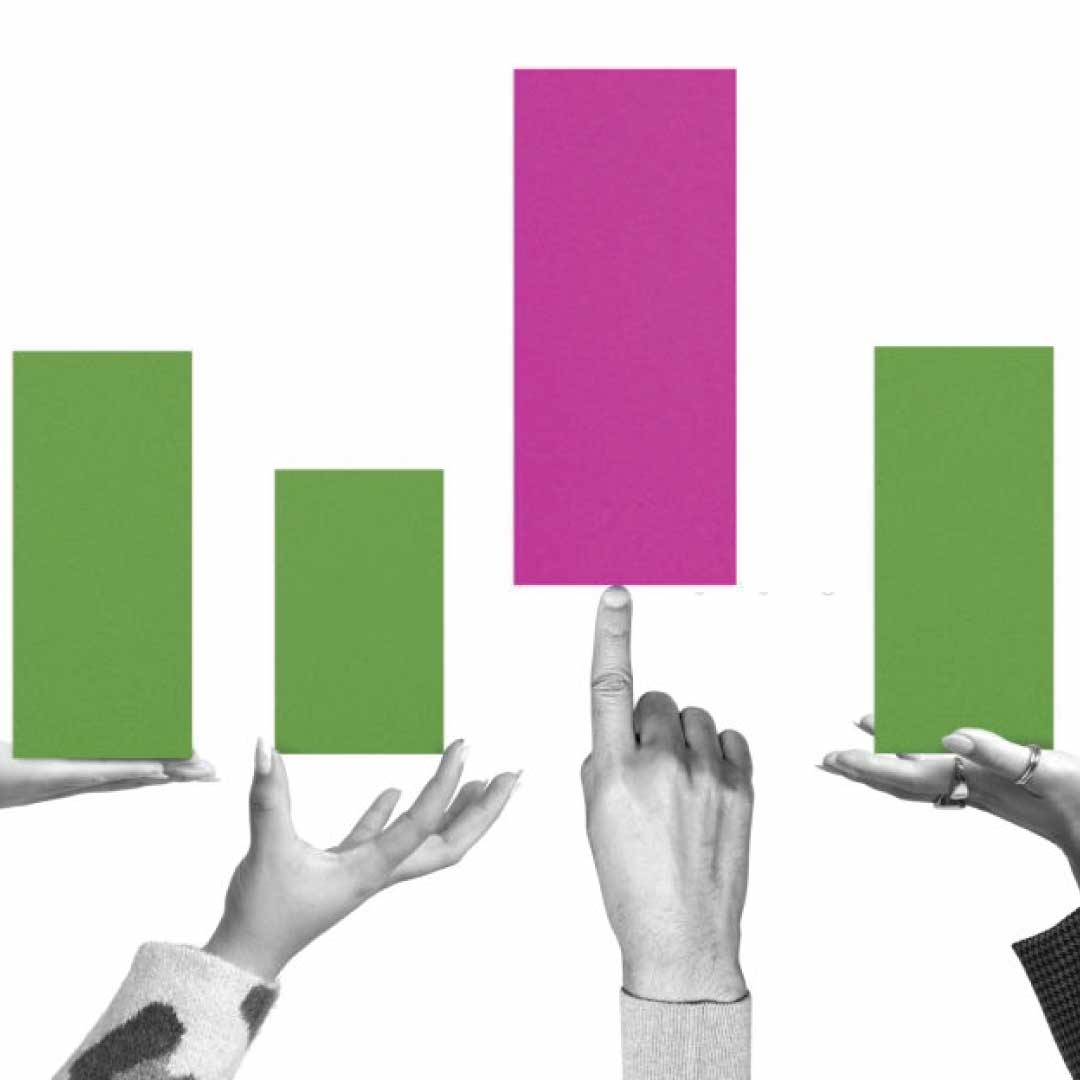Co-creation Hub (CcHUB) will today, officially launch the CcHUB Design Lab’ in Kigali Rwanda The design lab is an unprecedented next step in Africa’s growing tech sector and is set to become a leading creative space where its multidisciplinary team of product designers and engineers will collaborate with scientists and stakeholders globally, to explore the application of emerging technologies that will solve Africa’s systemic problems in Public Health, Education, Governance and the Private Sector.
The new state-of-the-art lab, located in Kigali, Rwanda, sees CcHUB, the leading innovation centre dedicated to accelerating the application of social capital and technology for economic prosperity, expand its physical presence to another African country for the first time in its eight-year history. CcHUB is now looking to partner with both public and private industry bodies from across the continent.
H.E. Minister of ICT and Innovation, Rwanda, Paula Ingabire, will launch the new lab with CcHUB’s Founder and CEO, ‘Bosun Tijani. They will be joined by Kampeta Pitchette Sayinzoga [Director General, National Industrial Research & Development Agency, Rwanda], Patrick Buchana Nsenga [Chief Executive Officer, AC Group Rwanda], and Jeanine U. Condo [Director General, Rwanda Biomedical Center]. Special guest Bez will provide live musical entertainment on the day.
Read Also Cape Capetown Fintech Raises US$21 Million in Funding
Commenting on the official launch, H.E. Paula Ingabire says,
“CcHUB’s expansion into Kigali, marked with the launch of the Design Lab today, is an exciting landmark for Rwanda’s burgeoning tech community. Rwanda is keen on collaborating with world-class partners to establish itself as a leading destination that nurtures innovation-driven enterprises.
We see technology as an integral gateway and means of developing society – an ethos and mission shared by CcHUB. As we strive to become a knowledge-based economy, we will continue to build long-lasting, strategic partnerships that celebrate excellence, forge ahead with progress and that is, essentially, a force for good that will impact thousands of people across the continent.”
To coincide with the launch, CcHUB will announce the Rwanda Biomedical Centre as its first local company to partner, joining the likes of Go-Ga Lab, Nimcure and Safe Online.
The Design Lab, which further reinforces CcHUB’s commitment to solving Africa’s biggest development and social challenges, will be powered by a multidisciplinary design team of designers and engineers. Using design and innovation, the three key sectors of focus are:
Read Also: South African Government Proposes Free, Monthly Data For Every Household
Public Health: Focused on digital epidemiology by collaborating with a cross-sector of stakeholders including scientists, researchers, health professionals, and developers to use technology in accelerating the adoption of locally-created solutions for better detection and surveillance of diseases, and improving adherence to treatment.
Education: Focused on improving students’ interests, participation, and learning outcomes in STEM education, with attention paid to teaching methods and the use of creative content.
Governance: Focused on the role of technology in helping the government promote participatory governance, transparency, and more effective public services for social and economic prosperity.
Read Also : Nigerian Digital Bank Stellas unveils with Ghost Mode to Fix Fintech Identity Fraud Loophole
On the launch of the Design Lab, ‘Bosun Tijani, CcHUB’s Co-founder and CEO comments, “We’ve been building tech businesses alongside African entrepreneurs for almost a decade and in that time, we’ve identified a common challenge that businesses face when it comes to sustainable growth – Design and Innovation”.
“With the CcHUB Design lab, we will be collaborating with organizations that may not have the capacity to design, build and innovate as quick as leaner startups would. The lab will also build on CcHUB’s extensive global and pan-African network of partners, research institutes, and governmental organizations to execute practical design projects that will solve some of our social and business challenges at scale”.
Since launching in 2011, CcHUB has built a community of over 13,000 technologists, entrepreneurs, and thought-leaders, and has incubated and provided support to a portfolio of over 110 early-stage ventures providing solutions to social problems with technology. With the expansion, CcHUB plans to invest approximately $11m in Rwanda.












